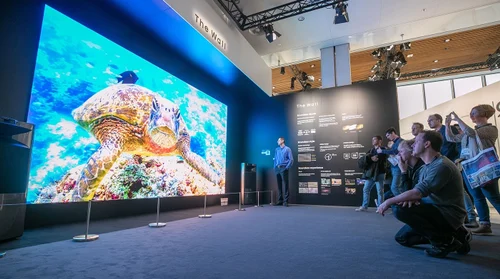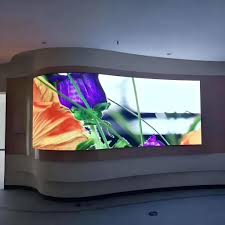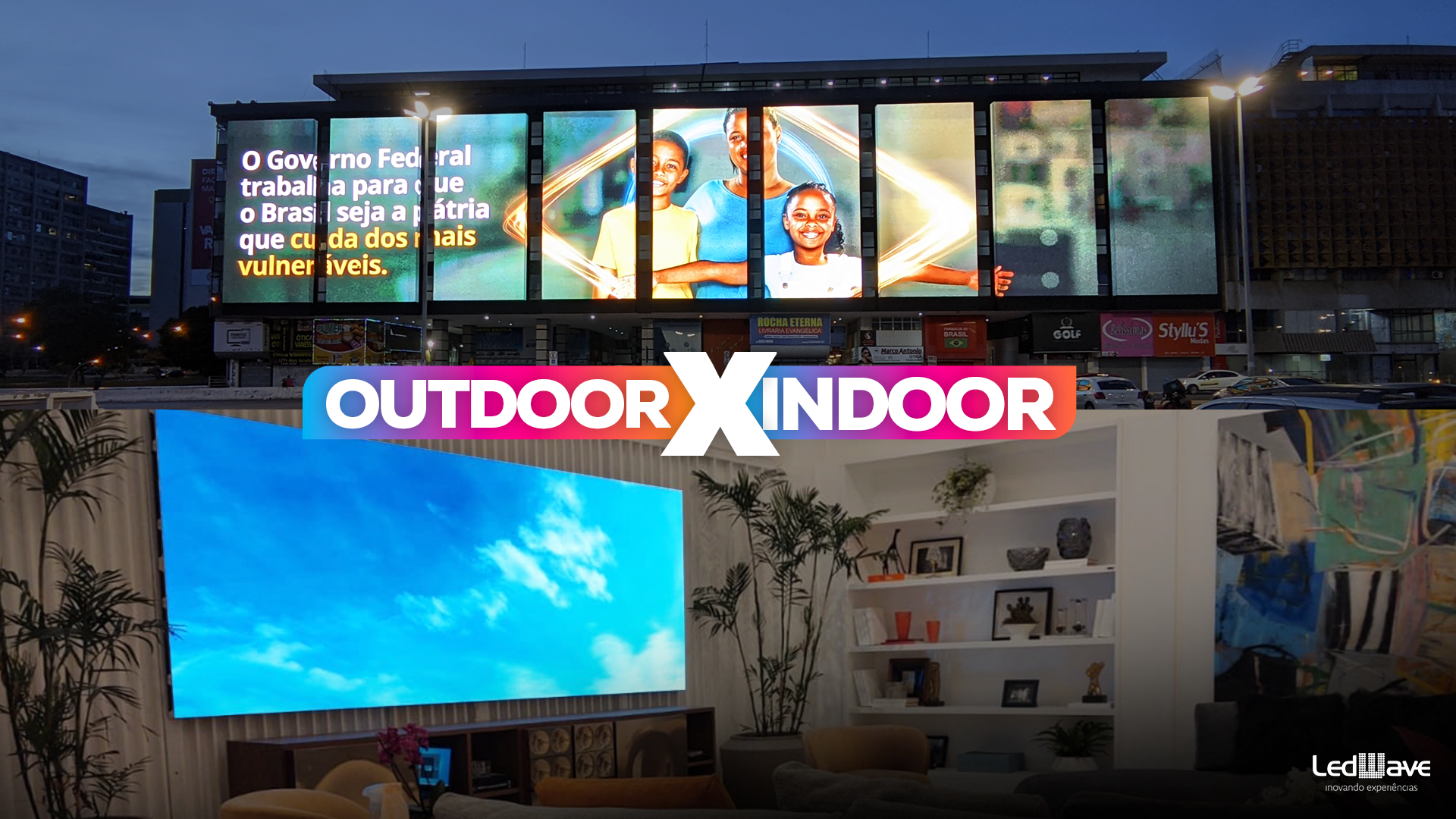A Technical Guide to Indoor and Outdoor LED Panels: From Pixel Pitch to Brightness
A Technical Guide to Indoor and Outdoor LED Panels: From Pixel Pitch to Brightness LED display technology has transformed visual communication across industries, offering stunning clarity and versatility. Whether you need indoor LED panels for corporate environments or outdoor LED panels for high-impact advertising, understanding the technical specifications is crucial for optimal performance. This Read more



